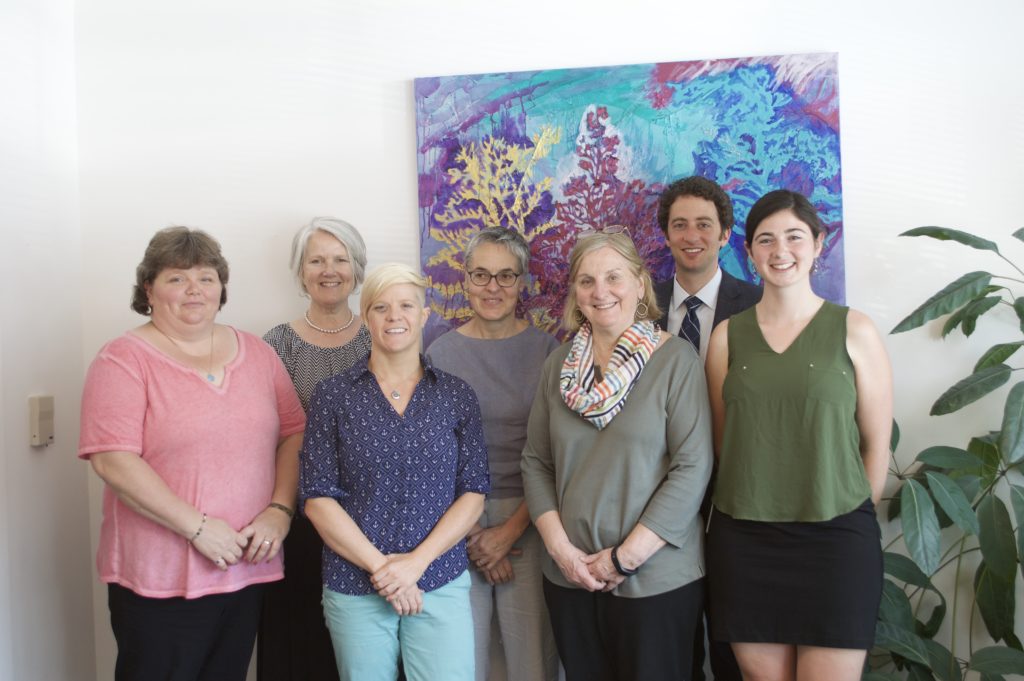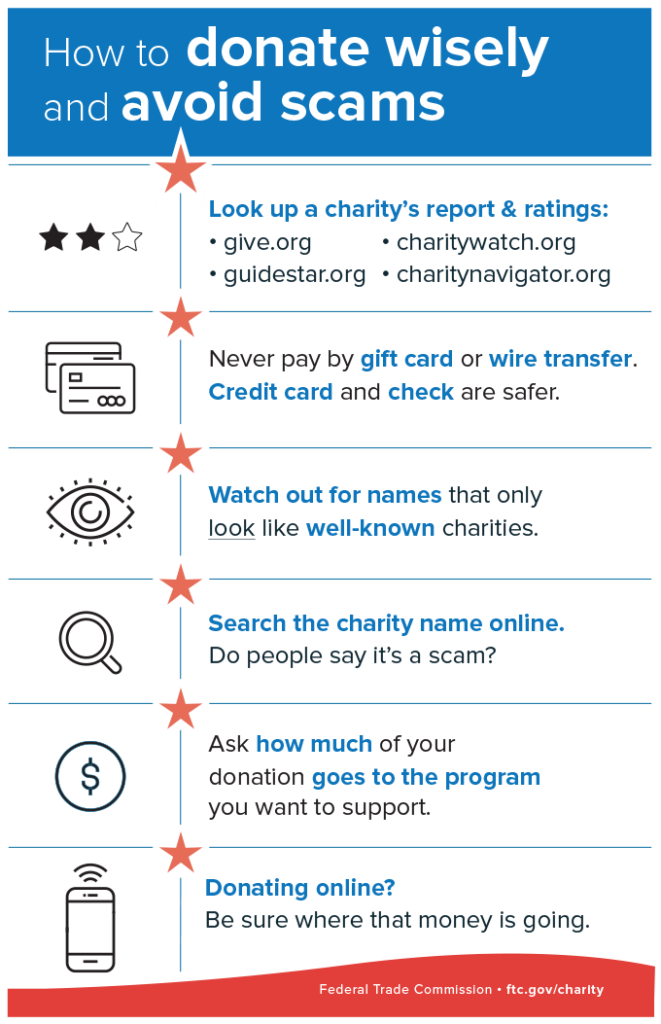This is a monthly series in which the Attorney General features Vermonters doing exemplary work in their community. Have someone you think should be featured? Email AGO.CAP@vermont.gov.

This month we are honoring a team of people as our “Vermonters of the Month.” The Mercy Connections “Justice League” team works on the Justice and Mentoring program. The team is comprised of Joanne nelson, Director of Justice & Mentoring, Kelly Moran, Justice and Mentoring Coordinator for incarcerated or formerly incarcerated women, Mary Beth Barritt, Justice Liaison and Heather Gilbert, Program Facilitator.
Mercy Connections is an educational values-driven non-profit organization living the legacy of the Sisters of Mercy with an enduring concern for women. By compassionately nurturing self-sufficiency through education, mentoring, entrepreneurship and community, people are empowered to make significant life changes
Mercy Connections has 3 program areas that serve 300 participants: Education & Transition Programs (for adults who have faced adversity in meeting their personal, professional, and academic goals), Justice & Mentoring Programs (for people involved in the criminal justice system), and the Women’s Small Business Program (for aspiring female entrepreneurs).
Joanne, Kelly, Mary Beth and Heather have all dedicated themselves to lifting those around them who need help. The “Justice League” is doing essential work for Vermont women and we are honored to have them as our May Vermonters of the Month.
How has the team’s work impacted the community?
The Justice & Mentoring Program team alternates presence in the Treatment Court Docket to be able to receive referrals to the programs at Mercy Connections. In that action, we invite the women to a meeting with the director to become acquainted and to discover whether there is a desire to enroll in a class or program. Sometimes the referred woman is also interested in becoming a mentee in the Vermont Women’s Mentoring Program. The real impact on the woman is potentially multi-faceted. It is sometimes confidence-building to just get to Mercy Connections and enter a place that is not familiar. It is also clear that women feel and learn about a community here that is non-judgmental, educative, safe and brave and in that discovery, a potential participant may grow, relax and learn. There is something connective when the participant understands that Mercy Connections can become a supportive place, connected to the clinical and legal teams in the court docket, but that Mercy Connections is different. It is not mandatory, it is chosen freely…that ability to make a choice freely, well, that is often something that leaves a referred person empowered.
Executive Director, Dolly Fleming, has said that Mercy Connections “…weaves the social fabric of community and one’s [life]” and I believe that means that the (potential) impact on community is that Mercy Connections kind of weaves some of the very difficult, mandated parts of a recovering person’s life in with some of the softer, kinder, happier threads that every human being possesses. We think that holistic approach reflects something very positive on each person and on the community as a whole.
What is the biggest challenge?
We receive referrals to Mercy Connections which are not realized. They are not chosen by prospective participants.
On a challenging day, it may be hard to look at each individual accomplishment and realize joy against a very dismal system, (criminal justice, economy, racial and gender discrimination…), one that just doesn’t work for human beings.
In general, the challenges lie within the participant population and while we strategize and work hard, sometimes the biggest challenge is accepting that we can’t do more than we do.
What is rewarding about this work?
Our programs offer education to people. Education opens up doors. Open doors and access to more people means a more diverse, just world/community.
Knowing that we are working to offer possibilities for a more successful reentry process through the Vermont Women’s Mentoring Program and hence, a lower recidivism rate.
Working with participants who are rejected in many ways by society and learning how wonderful they are. How resilient they are. And how much they have to offer. Seeing a mentee’s face when she realizes we treat her and her mentor in the same respectful manner. That we don’t judge her based on the worst mistakes she has made. Being able to support mentors, some of whom have made serious mistakes, in a way that allows them to grow and give back.
What advice do you have for others looking to impact their community?
Become a volunteer for a worthy cause- one which speaks to the values you hold most dear. The action will allow you to realize greater purpose and meaning in your life.



